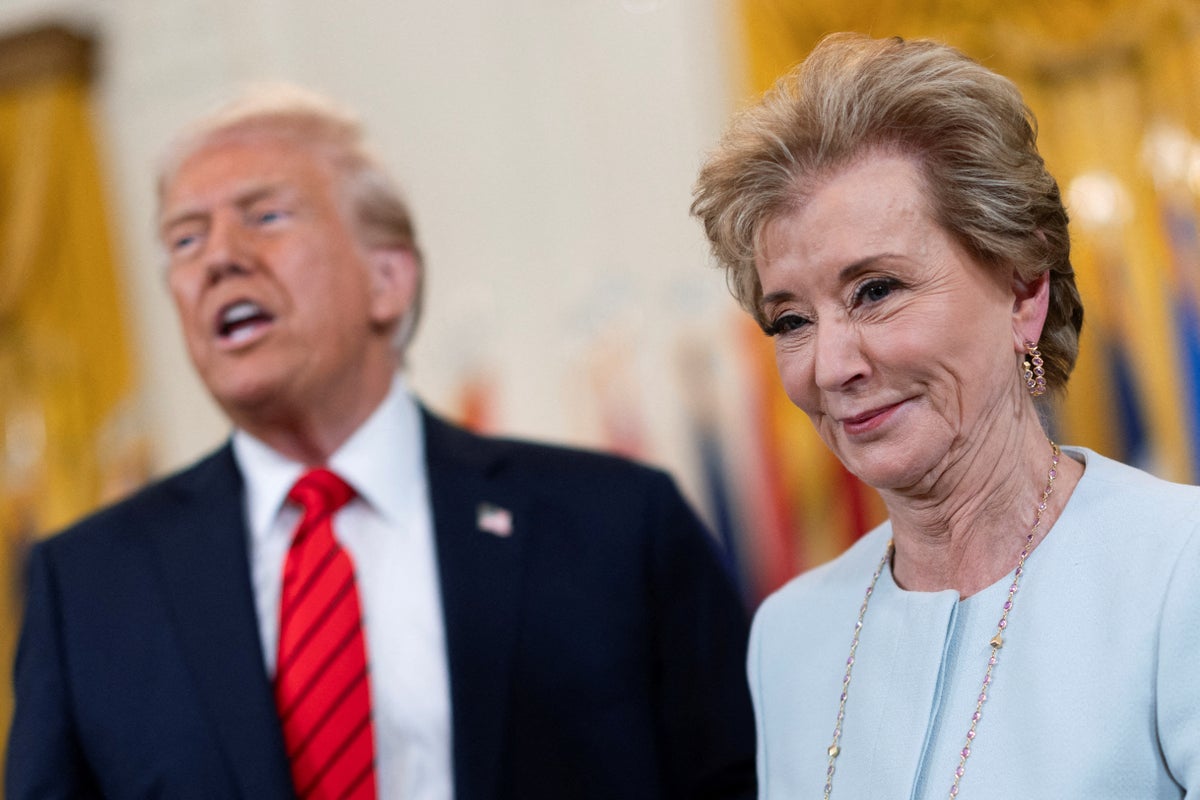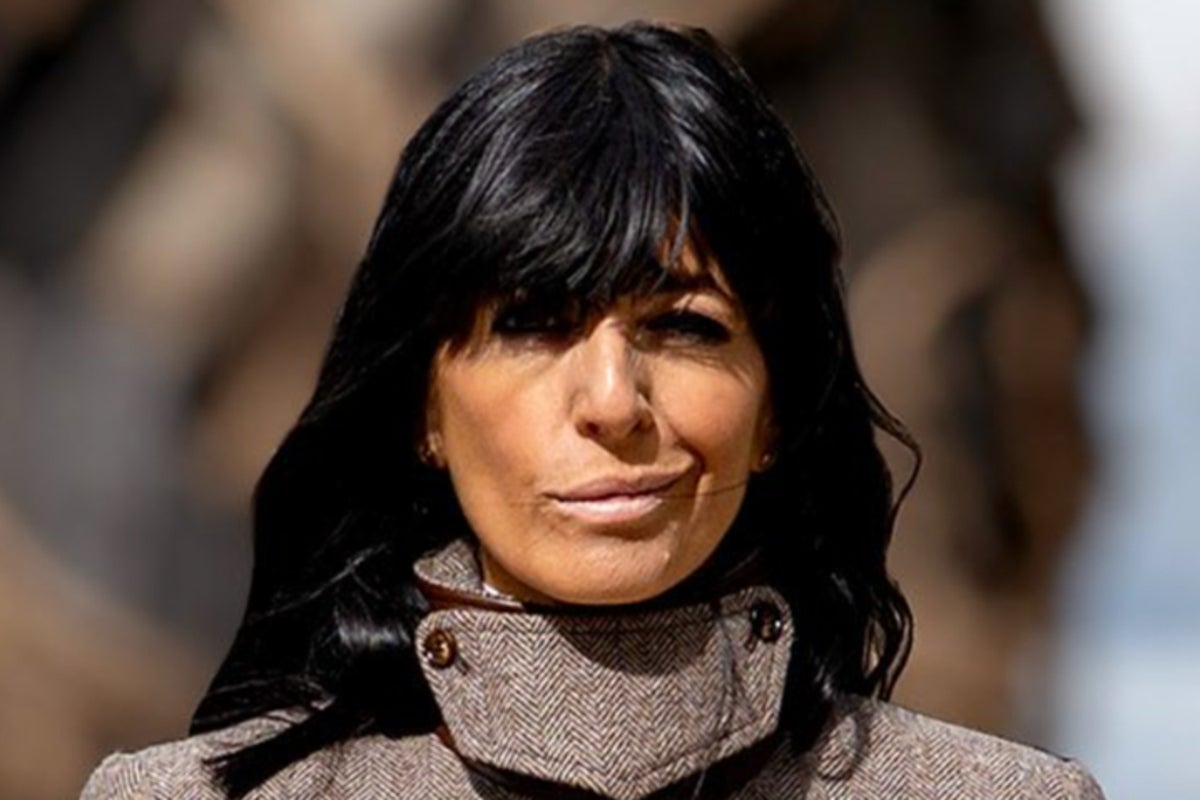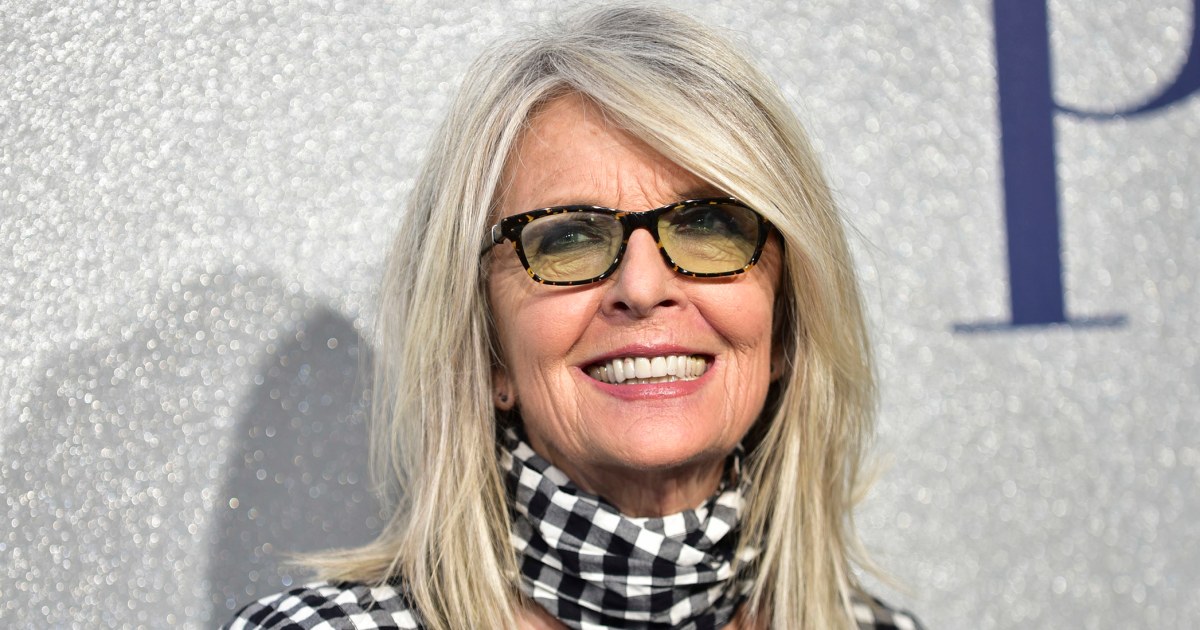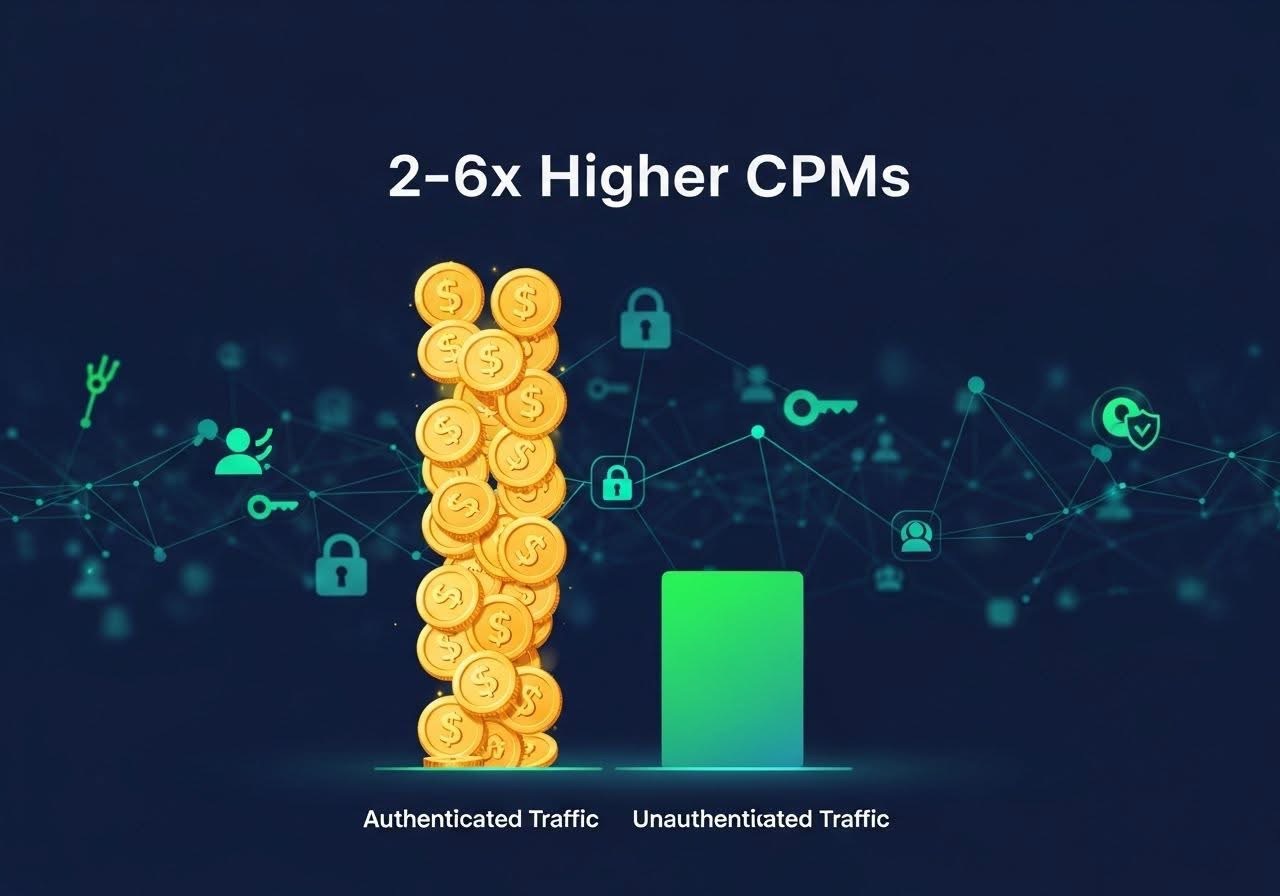This article is written by a student writer from the Her Campus at Toronto MU chapter and does not reflect the views of Her Campus.
From a young age, women are subjected to specific stories that promote the idea of a “happily ever after,” which more than likely includes falling in love and getting married. In its truest form, these ideas are there to uphold the patriarchal view that there is only a cisgender, heterosexual, traditional, happily ever after. That’s not to say there isn’t value in human relationships and love, but instead that it’s generally designed to benefit men.
According to the 2017 study “The Bridget Jones Effect,” single women are more susceptible to a fear of being single due to prolonged exposure to romantic media. To this point, we can see how harmful the portrayals of single women in typical romcoms can be. It presents a need for stories with positive portrayals of single women.
In her book Visual Pleasure and Narrative Cinema, Laura Mulvey demonstrates the idea of the passive female gaze, where the female viewer sees herself as both the subject and the object. So, when the narrative is constantly centred around a specific negative portrayal of a single woman, the idea is likely to latch on.
Society essentially lies to us about expectations in relationships and expects so much labour out of women. However, women have much more at stake when starting relationships. There is a question of safety, among other things, as there are growing cases of sexual assault and harassment through dating apps. So when we find another world with a safety net of a happy ending that is mutually beneficial and gives the viewer the experience of an active female gaze, of course, it’s appealing.
The romance genre creates an escapism for the viewer. These stories portray levels of communication and mutual respect that are lacking in the real world. However, escapism isn’t the sole reason behind the consumption of romantic media.
Films and books shape how we view the world, help us understand ourselves and what we want. People enjoy learning about emotional intimacy and the perspectives of different people. It’s easy to learn about these things under the guise of a romantic story because they delve into what people truly desire and their personalities.
It’s not necessarily about having a lack of romance in their lives that draws people in; women consume romantic media regardless of gender and sexuality in the stories. It’s about connection and real people.
It’s about an openness to explore and learn, as so much has already been dictated by society.
 Original photo by Ananya Nair
Original photo by Ananya NairRomance books create a space for emotional vulnerability and character building. A significant notable factor is that most of these books are written by women. There is a shared understanding of experiences and emotional intelligence that’s portrayed in these books. There are specific tropes designed to cater to the audience as well.
A popular phrase on TikTok is “men written by women,” signifying the importance of a women-centric approach to media where characters focus on what we want rather than what society wants us to enjoy. BookTok has become a big part of romance novels. It allows a care-free space for users to have fun.
Emily Henry, a contemporary romance author, has multiple books featuring female protagonists with whom readers connect and grow to love. The happy endings are gratifying due to the journey it took and how the characters worked through their circumstances. The characters find their passions in life, work through grief, identity crises and loss, and get a satisfying ending.
Another important aspect is the discussions we have after watching episodes and finishing books. There is a whole community of people to talk to and relate to who will take it just as seriously as you do. Discussing stories with friends and analyzing them from each person’s perspective is an essential part of girlhood.
As we get older, our standards are shifting, and our idea of the bare minimum has grown. And what better way to end the day than by watching The Summer I Turned Pretty with our friends?

.jpeg)






































 English (US) ·
English (US) ·